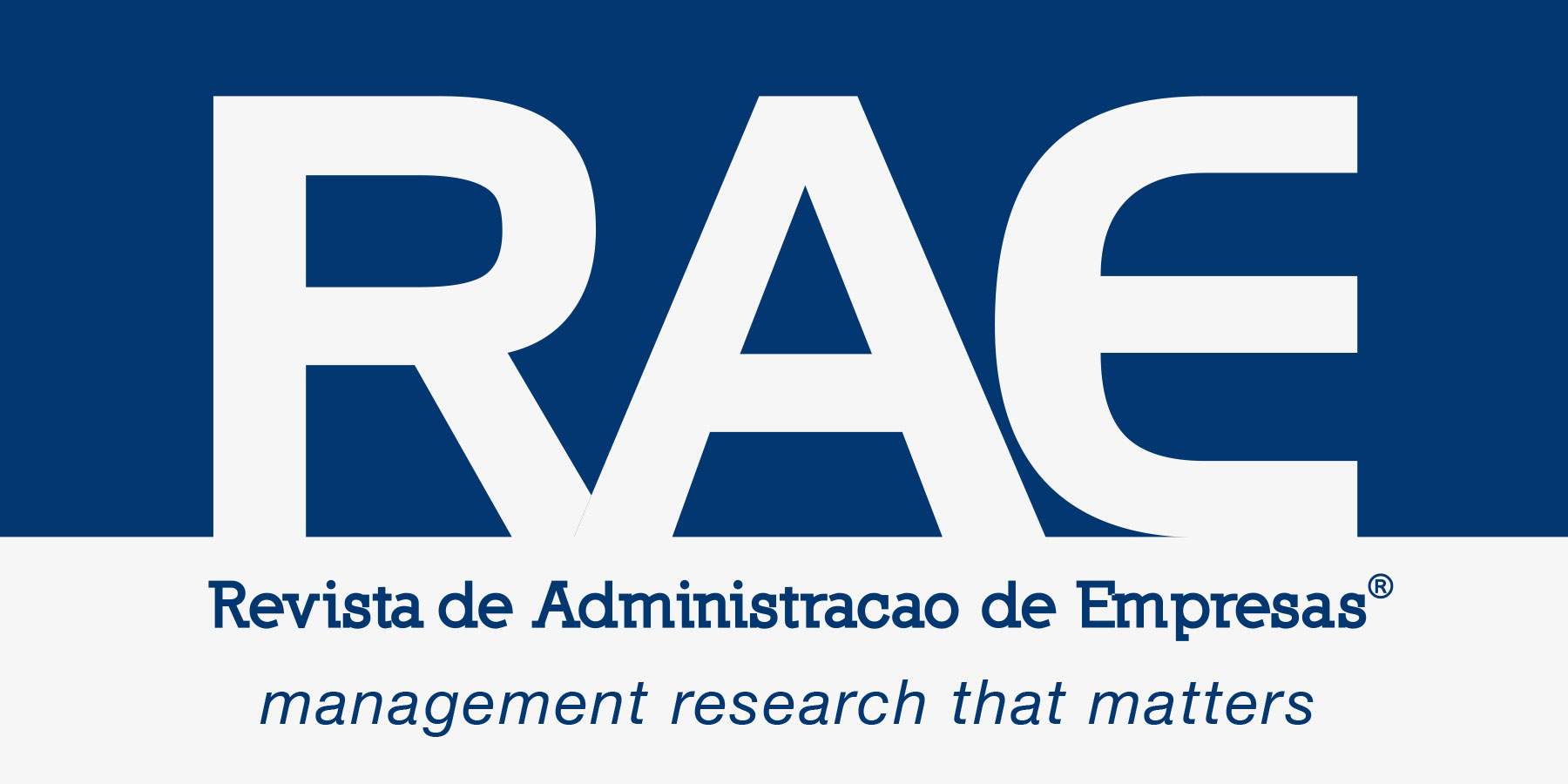| Knowledge |
HC1 |
Employees have sufficient knowledge about the textile and/or garment industry. |
Pedrini (2007)Pedrini, M. (2007). Human capital convergences in intellectual capital and sustainability reports. Journal of Intellectual Capital , 8(2), 346-366., Nieto & Fernández (2006)Nieto, M. & Fernández, Z. (2006). The impact of ownership on the international involvement of SMEs. Journal of International Business Studies , 37(3), 340-351., Katsikea et al. (2007)Katsikea, E., Theodosiou, M. & Morgan, R. (2007). Managerial, organisational and external drivers of sales effectiveness in export market ventures. Journal of the Academy Marketing Science, 35(2), 270-283., Cadogan et al. (2002)Cadogan, J., Diamantopoulos, A. & Siguaw, J. (2002). Export market-oriented activities: their antecedents and performance consequences. Journal of International Business Studies, 33(3), 615-626., Knowles et al. (2006)Knowles, D., Mughan, T. y Lloyd-Reason, L. (2006). Foreign language use among decision-makers of successfully internationalised SMEs. Journal of Small Business and Enterprise Development, 13(4), 620-641., and Andersen (2006)Andersen, P. (2006). Listening to the global grapevine: SME export manager´s personal contacts as a vehicle for export information generation. Journal of World Business, 41(1), 81-96. doi: 10.1016/j.jwb.2005.10.006
https://doi.org/10.1016/j.jwb.2005.10.00...
|
| HC2 |
Managers have sufficient knowledge about economics, business, and finance. |
| HC3 |
Employees have sufficient knowledge about exports (contractual conditions, currencies, tariffs, and regulations). |
| HC4 |
Employees in the sales area have sufficient knowledge about the target markets. |
| HC5 |
Salespeople have sufficient knowledge of the relevant foreign languages. |
| Skills |
HC6 |
Employees can analyze and solve problems. |
Daghfous & Kah (2006)Daghfous, A. & Kah, M. (2006). Knowledge management implementation in SMEs: a framework and a case illustration. Journal of Information & Knowledge Management, 5(2), 107-115., Pedrini (2007)Pedrini, M. (2007). Human capital convergences in intellectual capital and sustainability reports. Journal of Intellectual Capital , 8(2), 346-366., Chong et al. (2014)Chong, A., Ooi, K., Bao, H. & Lin, B. (2014). Can e-business adoption be influenced by knowledge management? An empirical analysis of Malaysian SMEs. Journal of Knowledge Management, 18(1), 121-136., and Wong & Aspinwall (2005)Wong, K. & Aspinwall, E. (2005). An empirical study of the important factors for knowledge-management adoption in the SME sector. Journal of Knowledge Management , 9(3), 64-82.
|
| HC7 |
Employees can adapt to new situations. |
| HC8 |
Managers have leadership skills and the ability to delegate work. |
| Attitudes |
HC9 |
Employees cooperate with their colleagues. |
Wong & Aspinwall (2005)Wong, K. & Aspinwall, E. (2005). An empirical study of the important factors for knowledge-management adoption in the SME sector. Journal of Knowledge Management , 9(3), 64-82., Pedrini (2007)Pedrini, M. (2007). Human capital convergences in intellectual capital and sustainability reports. Journal of Intellectual Capital , 8(2), 346-366., Wang & Chang (2005)Wang, W. & Chang, C. (2005). Intellectual capital and performance in causal models-evidence form the information technology industry in Taiwan. Journal of Intellectual Capital , 6(2), 222-236., and Diamantopoulos & Kakkos (2007)Diamantopoulos, A. & Kakkos, N. (2007). Managerial assesment of export performance: Conceptual framework and empirical illustration. Journal of International Marketing, 15(3), 1-31.
|
| HC10 |
Employees show interest in remaining at the company. |
| HC11 |
Managers are emotionally willing to persevere during the internationalization process. |

 Thumbnail
Thumbnail
 Thumbnail
Thumbnail
 Authors’ illustration, based on the literature reviewed.
Authors’ illustration, based on the literature reviewed.
 Graphical representation of the proposed theoretical model, based on the literature reviewed.
Graphical representation of the proposed theoretical model, based on the literature reviewed.